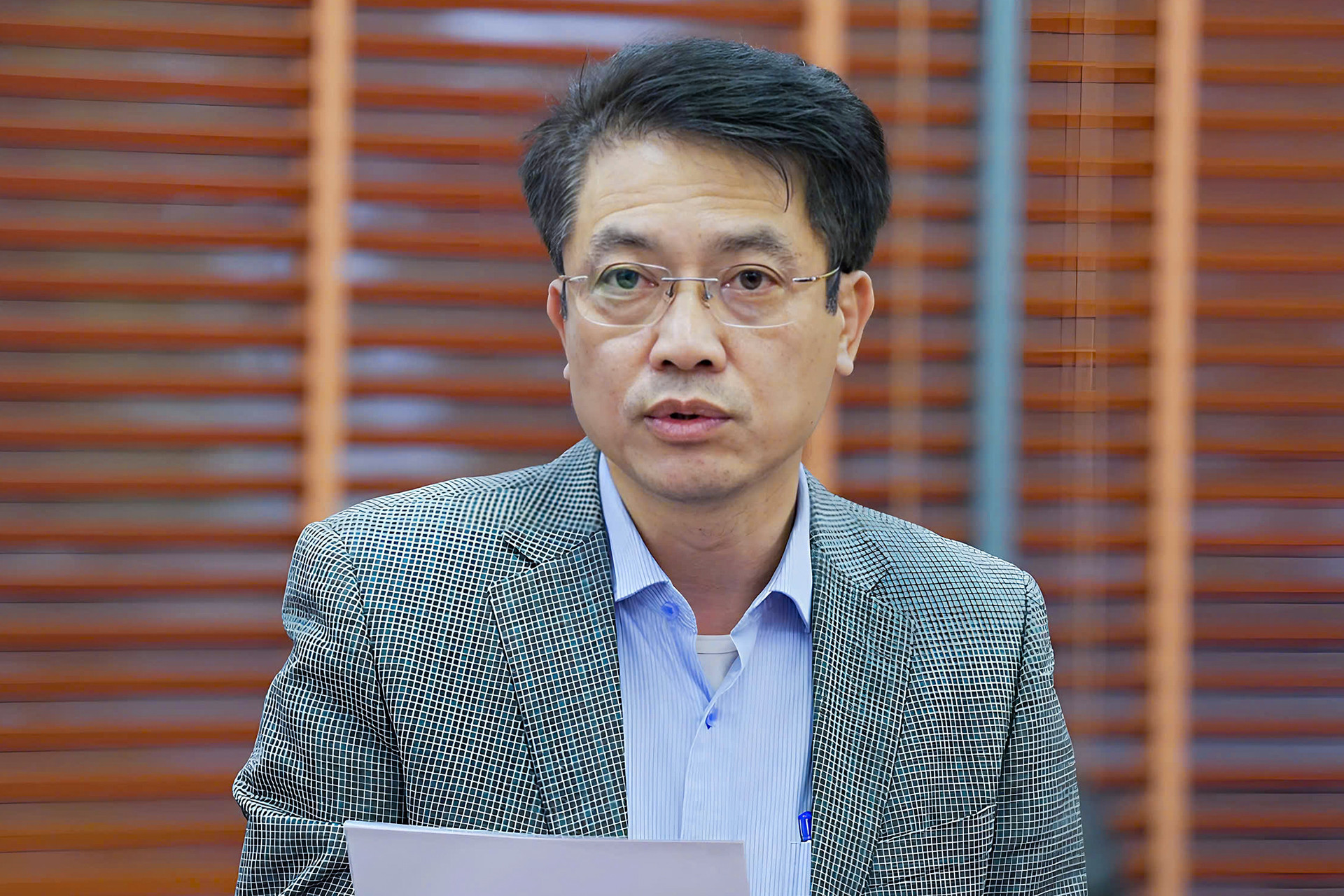
Discussing the draft amendment to the Law on Cadres and Civil Servants, Da Nang Party Secretary Nguyen Van Quang showed his concern about whether specific quotas should be reserved for talented individuals.
In Da Nang, some young, capable individuals, rigorously selected and well-trained domestically and overseas, now working for state agencies are facing the risk of being dismissed as a result of the ongoing state apparatus streamlining campaign.
These individuals sent to refresher training courses were expected to return to Da Nang after graduation to serve at local agencies under a plan to attract talent. However, due to the lack of staff quotas, they have to work under fixed-term labor contracts, or as non-specialized officers. These individuals are the first to be removed during the apparatus streamlining.
"Without clear provisions that specify the percentage of talented workers out of total workers that state agencies can recruit, we won’t be able to move forward,” Quang said.
Higher degrees show potential, not talent
Nguyen Quang Dung, Director of the MHA’s Department of Civil Servants and Public Employees, told VietNamNet that once the draft law is passed, talented individuals from the private sector will be recruited based on job positions.
Talented individuals are those with outstanding capabilities, able to complete tasks with innovative and creative thinking. "They will be assigned to suitable job positions and start working immediately," Dung said.
Asked if there are enough staff quotas to recruit talents, Dung explained that if an agency has a quota of 100 posts, the leader will determine who meets job requirements and can stay. Meanwhile, those who cannot satisfy requirements will be excluded to make way for talented individuals, rather than retaining the existing team, hiring new people, and requesting additional posts.
"The state’s salary budget is fixed. Keeping former staff while hiring new ones would increase the number of posts, which contradicts the current streamlining policy," Dung emphasized.
According to Dung, many people mistakenly view talent recruitment as selecting top students or those with master’s or PhD degrees. This is outdated thinking. Higher degrees indicate "potential" not talent.
"Talent must be evaluated by work results," he said.
Talented individuals can be promoted immediately
Regarding the idea of some NA deputies about clearly defining what "talent" means and criteria for recruitment, Dung said in 2019, when amending the Law on Cadres and Civil Servants, the question was debated at National Assembly sessions.
Many opinions were raised but no consensus was reached, and it was decided to let the Government regulate talent criteria for each sector.
Dung believes that the criteria are different for different fields. Laws just can provide a general definition, while specific criteria should be set by each sector.
"The Minister of Home Affairs said ‘talents’ in public service are those with outstanding task-handling abilities, demonstrated through results. This is a general concept, but each sector must define it specifically, as a universal definition is impossible," Dung said.
However, he revealed that the draft law introduces a bolder stance: besides salary promotion and rewards, talented individuals can be appointed to leadership roles, even skipping levels.
"Currently, under Regulation 80/2022, cadres must hold a position for at least two years to avoid rapid promotions. Meanwhile, once the draft law is passed, talented individuals can be promoted without this restriction," he said.
Regarding the mechanism of fixed-term contracts with experts and scientists to address urgent or complex tasks that the current system cannot handle, Dung clarified that this does not aim at recruiting them into permanent posts as civil servants.
On the idea of "contract civil servants," Dung cautioned that implementing this would require specific quotas for such contracts. If so, the management would be very complicated.
Thus, the draft law proposes fixed-term contracts with experts and scientists, aligning with Resolution 66 of the Politburo on reforming law-making and enforcement to meet the country’s development needs in the new era.
The streamlining of the administrative apparatus will serve as the foundation, condition, and opportunity for organizations to be innovative in recruitment practices, focusing on attracting, valuing, and effectively using talented individuals in the public sector.
Thu Hang